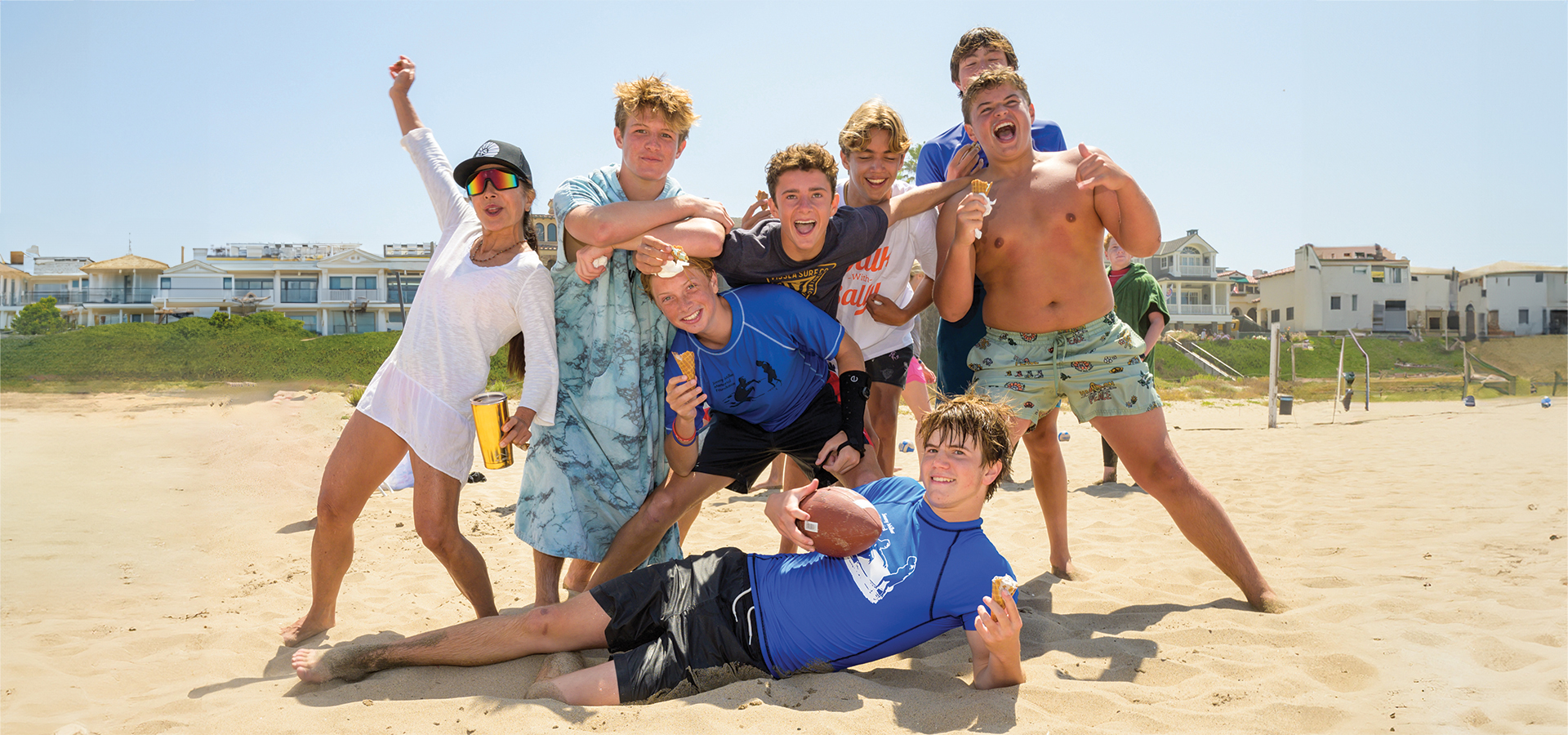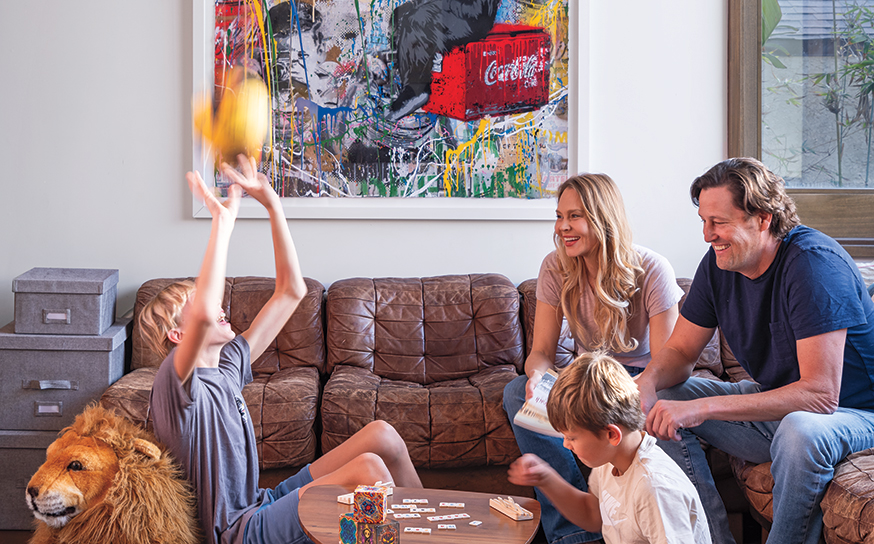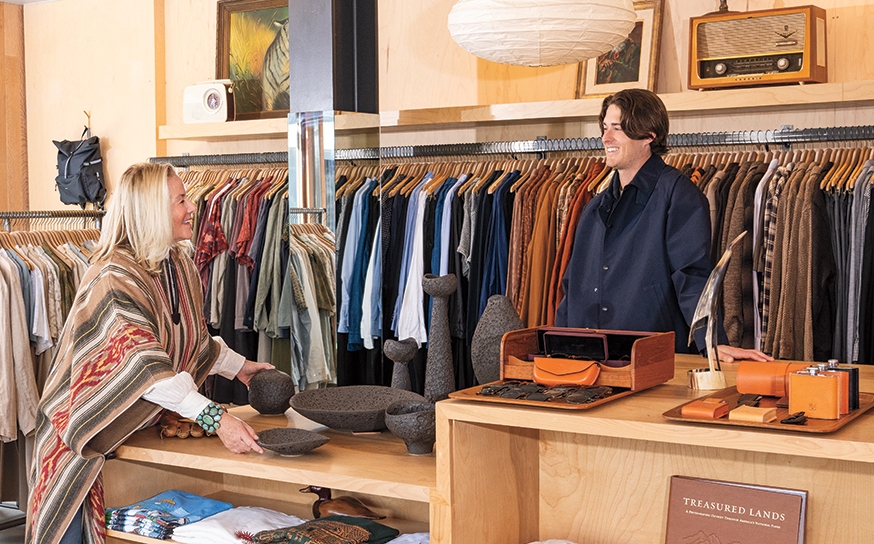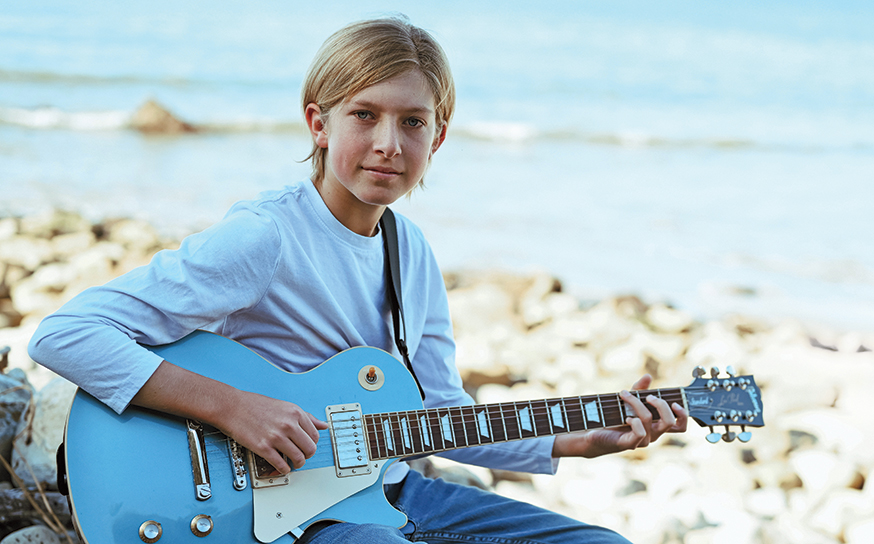It was the words of Eleanor Roosevelt that played over and over in Nick Arquette’s head when he was starting the nonprofit Walk With Sally: “Do one thing every day that scares you.” As someone who’d already begun his career in Los Angeles as an actor, this wasn’t in his plans.
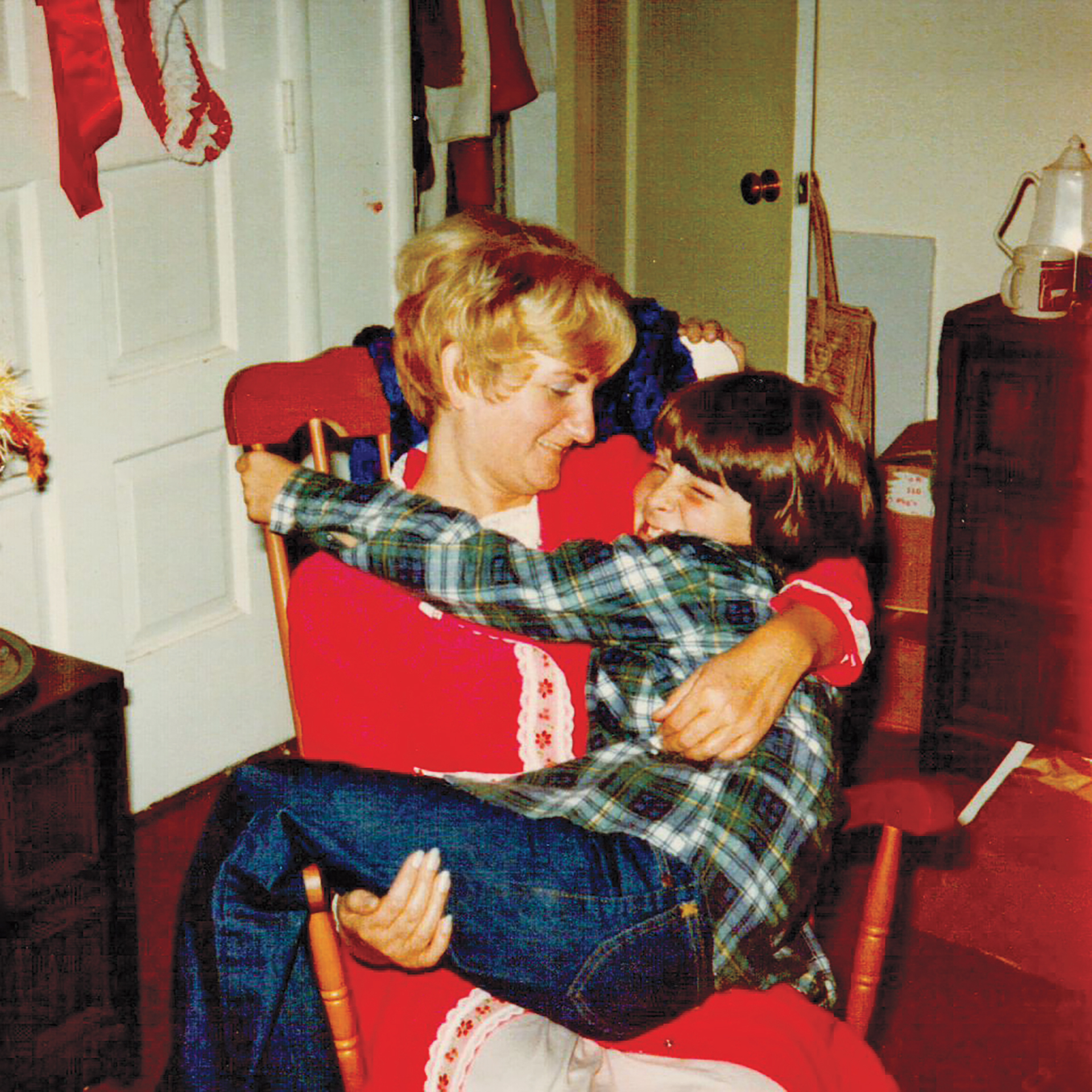
Nick and Sally
Walk With Sally is named after Nick’s mother, who was diagnosed with breast cancer and, after many years of treatment, died when Nick was 16 years old. Remembering the emotions that overcame him during that time and the years after she passed, Nick searched for mentoring opportunities in the South Bay—only to discover that no organization was filling that critical support gap.
“In the beginning I felt like I was jumping off a cliff,” says Nick. “But my mom believed in me and talked to me all the time before her death about the greatness that would be in my future life.”
Walk With Sally is now celebrating its 20th anniversary. The first child Nick mentored through the Lawndale School District was a third grader named Hossany. As he began to work with Nick, Hossany’s teachers and counselors started noticing a change in him.
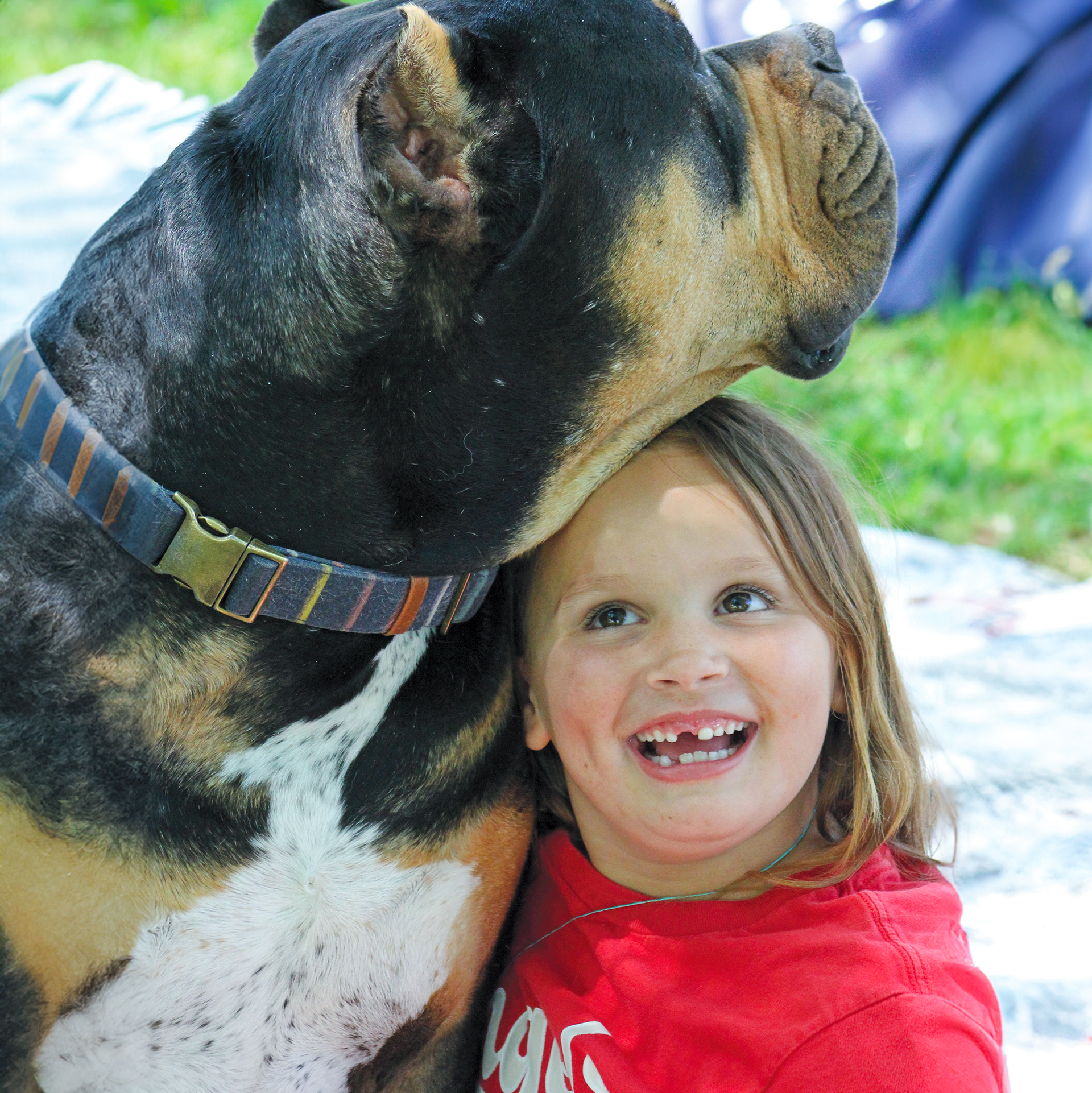
“When we reconnected years later, Hossany told me that he had found homework and other notes that reminded him that my mentorship had helped him make friends and truly saved his life,” says Nick.
In the early years, for Nick it was all about sharing the mission of Walk With Sally and making sure that no child was left alone. Since then, it’s been about figuring out funding sources and ensuring that Walk With Sally is sustainable. The biggest fundraising event of the year is White Light White Night, an annual South Bay gala. This year’s event took place on August 10.
“For us, it is all about giving support to the undersupported.”
Walk with Sally provides hope through individualized mentoring and community support services to empower children experiencing trauma during a parent, guardian or sibling’s cancer journey. It is also dedicated to lessening the burden of cancer for children and families through critical programs and services through mentorship, mental health support, art healing and financial empowerment.
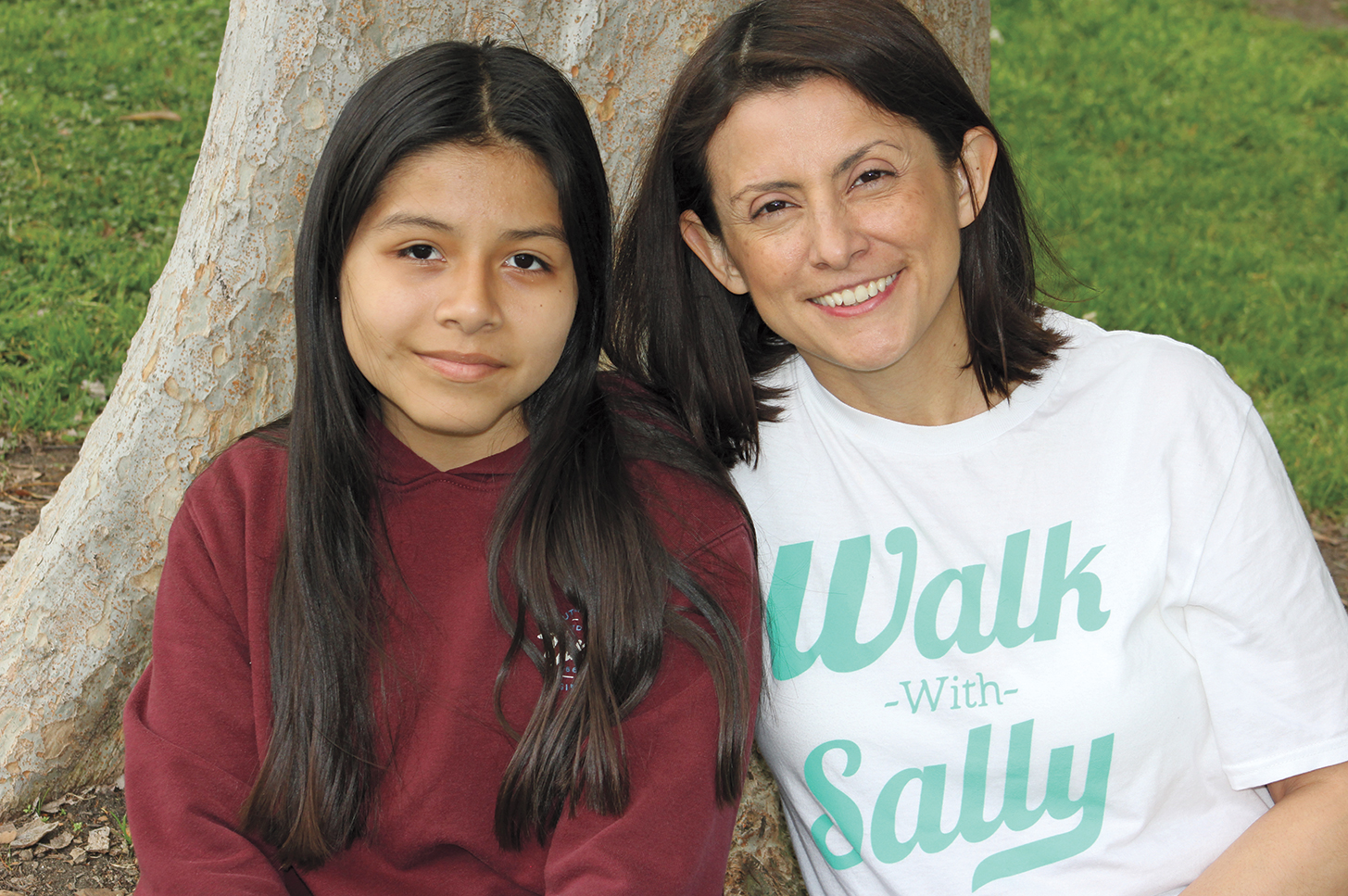
“For us, it is all about giving support to the undersupported,” says Tash Brooks, who became the CEO of Walk With Sally in 2022. “We often say the famous quote, ‘Grief is just love looking for a place to grow.’”
Through this 20-year journey, Nick has realized that being vulnerable enough to tell the story of the loss of his mother and the emotional roller coaster it took him on gives others space to feel comfortable opening up and ultimately becoming a part of the Walk With Sally family.
“It doesn’t matter if they have lost someone to cancer a year ago or 10 years ago,” says Nick, “each person wants to share their loved one’s name and some of their stories.”
Tash says that it isn’t just about the children connecting with their mentors, but also about the mentors enjoying the connection with their mentees. They will have an everlasting impact on each other.
Many mentors choose to be a part of the nonprofit because they want to give something to a child that they were unable to receive when cancer began to affect their own family. This resonated with Nick. While his mother tried to be as present as possible for him and his brother—and he got extra help from teachers and friends—Nick believes that being partnered with someone from Walk With Sally could have helped tremendously.
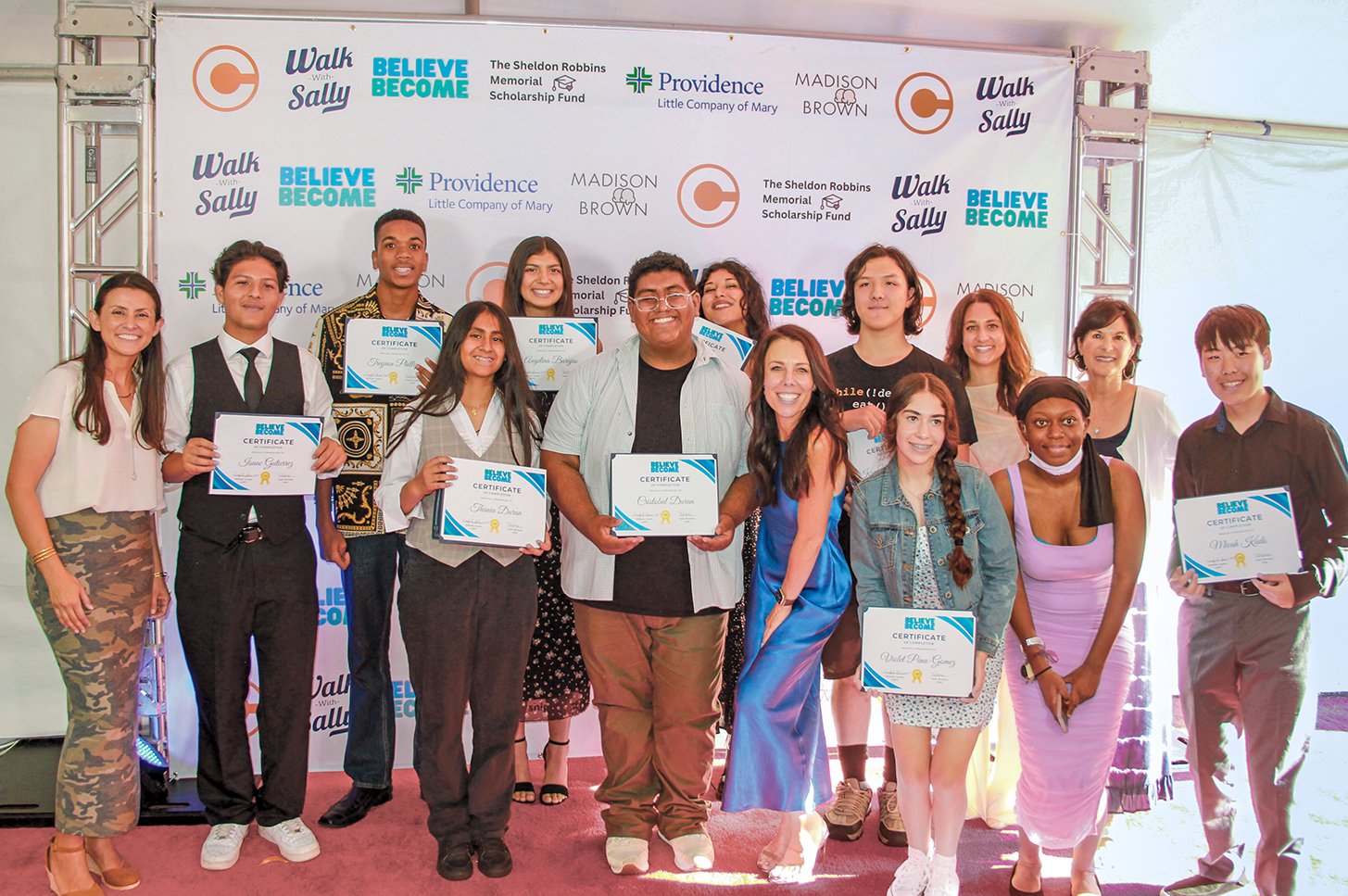
From that first successful friendship between Hossany and Nick, Walk With Sally’s core mentoring program has expanded to serve hundreds of families throughout the South Bay over the past 20 years. Today the organization actively supports over 60 children—boys and girls ages 7 to 17—with trained volunteer mentors throughout Los Angeles County. The nonprofit also helps children and families in 34 cities throughout Southern California, including Los Angeles, El Segundo, Newport Beach and many others.
Walk With Sally partners with school districts, hospitals, health care providers, and local cancer and grief support organizations for referrals to programs with additional services for mentees and their families.
“In the midst of a crisis, you are in survival mode. You are living a fractured life when you’re alone through all of this,” says Nick. “I want it to be a family-like relationship between our mentors and mentees. That is the way I try to mentor, and something we continue to strive for and achieve.”






